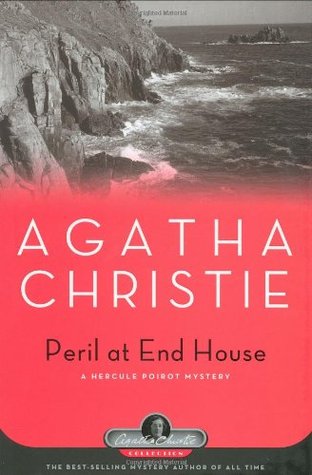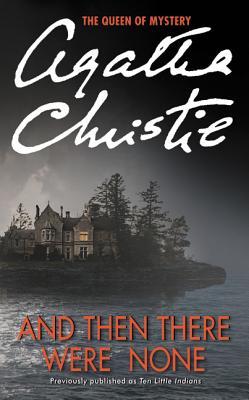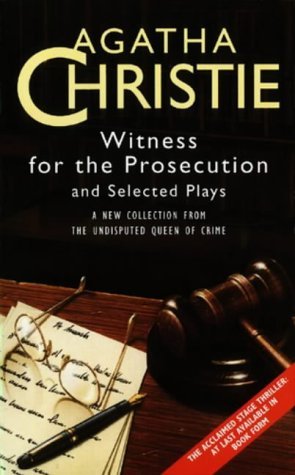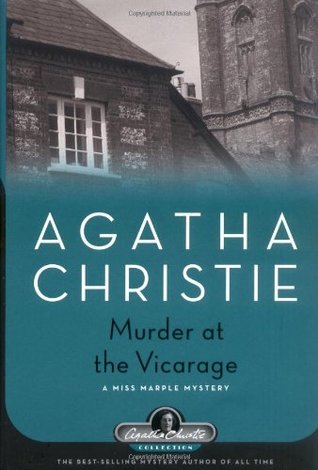5. Murder at the Vicarage marks the debut of Agatha Christie’s unflappable and much beloved female detective, Miss Jane Marple. With her gift for sniffing out the malevolent side of human nature, Miss Marple is led on her first case to a crime scene at the local vicarage. Colonel Protheroe, the magistrate whom everyone in town hates, has been shot through the head. No one heard the shot. There are no leads. Yet, everyone surrounding the vicarage seems to have a reason to want the Colonel dead. It is a race against the clock as Miss Marple sets out on the twisted trail of the mysterious killer without so much as a bit of help from the local police

4. It was an open and shut case. All the evidence said Caroline Crale poisoned her philandering husband, a brilliant painter. She was quickly and easily convicted and sentenced to life in prison.
Now, sixteen years later, in a posthumous letter, Mrs. Crale has assured her grown daughter that she was innocent. But instead of setting the young woman's mind at ease, the letter only raises disquieting questions. Did Caroline indeed write the truth? And if she didn't kill her husband, who did? To find out, the Crale’s daughter asks Hercule Poirot to reopen the case. His investigation takes him deep into the conflicting memories and motivations of the five other people who were with the Crales on the fatal day. With his keen understanding of human psychology, he manages to discover the surprising truth behind the artist's death.

3. The owner of a seaside villa is plagued by strange feelings about its past… Soon after Gwenda moved into her new home, odd things started to happen. Despite her best efforts to modernise the house, she only succeeded in dredging up its past. Worse, she felt an irrational sense of terror every time she climbed the stairs… In fear, Gwenda turned to Miss Marple to exorcise her ghosts. Between them, they were to solve a ‘perfect’ crime committed many years before.

2. One of Agatha Christie’s most famous mysteries, Murder on the Orient Express was inspired by two real-life crimes and the author’s own experience being stranded on the Orient Express during Christmas of 1931. While traveling to Paris, a wealthy American is stabbed to death in his cabin on the Orient Express. With the train stuck in a snowdrift, there is no easy escape for the killer. Fortunately, detective Hercule Poirot is aboard and launches a clever investigation into the curious assortment of passengers, of whom each seems to have a motive.

1. My very favorite, and no movie has shown the ending as it occurred in the book.
So strange.
"Ten . . ."
Ten strangers are lured to an isolated island mansion off the Devon coast by a mysterious "U.N. Owen."
"Nine . . ."
At dinner a recorded message accuses each of them in turn of having a guilty secret, and by the end of the night one of the guests is dead.
"Eight . . ."
Stranded by a violent storm, and haunted by a nursery rhyme counting down one by one . . . one by one they begin to die.
"Seven . . ."
Who among them is the killer and will any of them survive? |






No comments:
Post a Comment